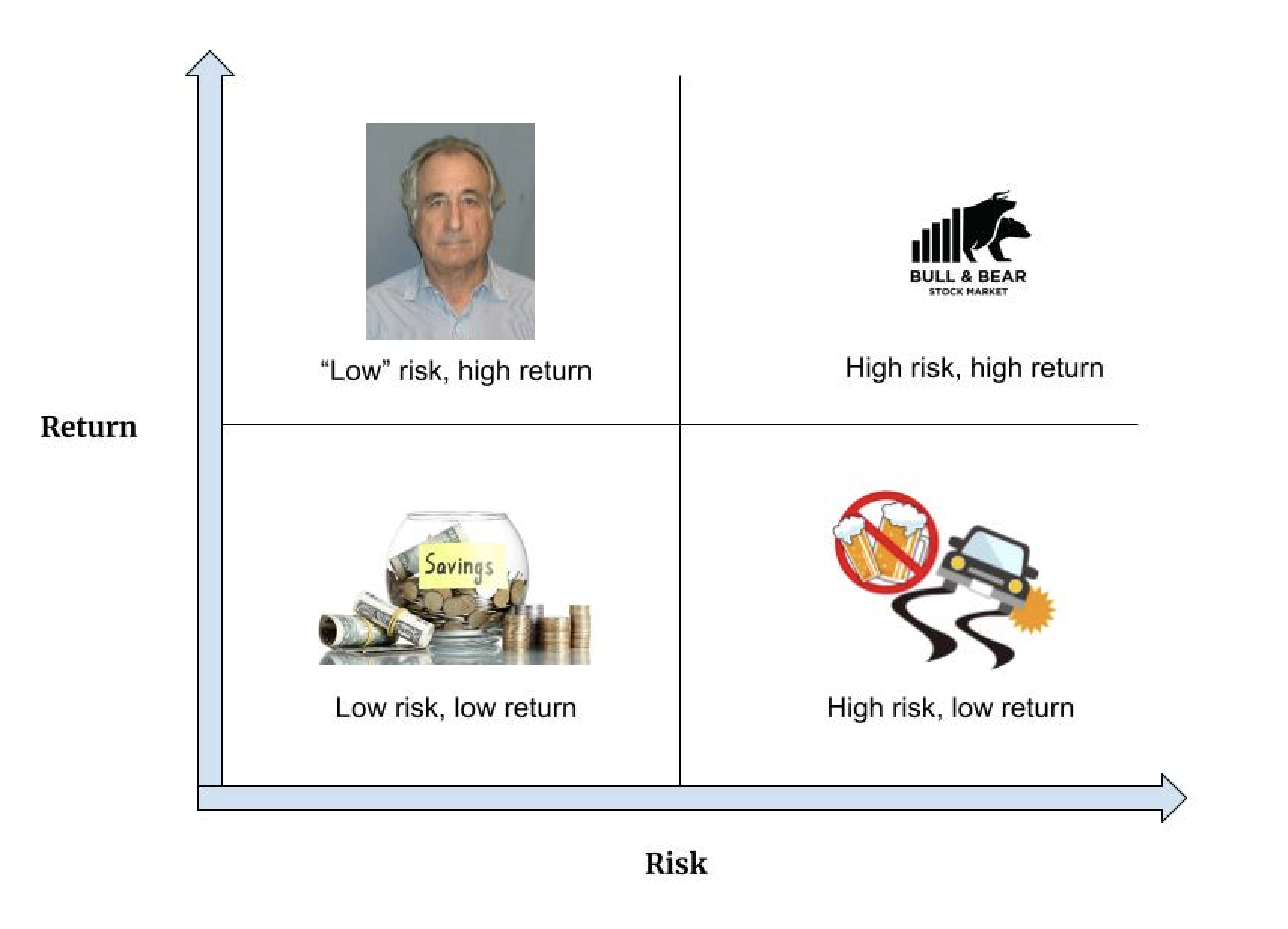What to Expect When You’re Expecting
Close your eyes.
If you opened them to keep reading (I am grateful and humbled), imagine yourself moving to Mexico for a year, then bring some images to mind. Ok, now open your eyes. What did you imagine? Was it fun? Nice!
Contrary to the straw-man stereotype, narco violence and gangs are items that you will find here only if you try very, very hard. Call me soft, but I personally have not tried that hard yet. Per The Internet, Greater Mexico City had a 2015 murder rate of 12 per 100,000 people, compared to that of 17 for Chicago. Fortunately, NBC can overlook murder rates and roll out this lineup on Wednesday evenings, because people realize there is more to Chicago than violence.
Despite a previous three month stay in Mexico, I was not prepared for everything—like November snow in my bordering state. I now know that climate change follows you even if you leave the USA, which I think is total bulls*** [yes, my grandmother reads this :)].
Ok, open your eyes again. If you actually do find yourself moving to Mexico, you will undoubtedly have some sort of expectations. Even if you’re not moving here, you might come visit me, or maybe you aspire to travel to non-Cancun Mexico before you die. Maybe you have no desire to come here at all, but in 2048 everyone has to migrate here like in The Day After Tomorrow (heartwarming clip), and you can’t stay behind because you aren’t Dennis Quaid. In all of these equally probable cases, you will have expectations. Here are some things to expect when you’re expecting.
Mexico ≠ USA
Mexico and the US being different countries may seem intuitive to most of my FDRs. However, if you are like me and most of your life experience has a been a comfortable US lifestyle, you’ll immediately miss some little things—flushing TP, safe tap water, Dennis Quaid, Chipotle—before settling in. Much of Mexico is stunning, and most of the people are very warm (and warm blooded), but you will quickly appreciate these little things that normally go unnoticed.
Public Displays of Affection
It is very common for non-immediate family members to live together in Mexico; living on a college campus is also very rare for students here. This means that most college students live at home at least for part of the week, and there is less privacy when they are home. Even if US students don’t have loads of privacy when they first step onto campus, they usually act more liberally around their peers when it comes to PDA.
The same is true for Mexican students, only instead of affection behind the walls of a residence hall, affection here is a very open (hence PDA), acceptable act. Since I hadn’t deeply considered the lack of privacy for many couples here, their decisions to engage physically outdoors surprised me at first.
With no desire to kiss in front of their mom and no dorm room to flee to, dozens of students on campus find themselves in the “mouth-to-mouth” position from CPR class; they do not care who looks, because at least it’s not their dad.
Not every young lover is a student, so the grassy knolls on campus are not universally available to serve as The Love Boat. Thus, PDA is totally normal on sidewalks, park benches, and crowded subways. Subway PDA (both the train and the restaurant) holds a special place in my heart, for everyone is packed in like sardines and I am often smushed close enough to join in if I want.
You Like Trump?
I’ll save most political stuff for a December post after the term of Mexico’s new president begins, but, politically speaking, there have been easier times to explain the rhetoric from the leader of the free world. It’s impossible to blame people here for asking me this, since we’re all living in Mexico, after all. You know, the place that rounds up its rapists to send to the US. All of this even though we are neighbors and 36.5 million people identify as Mexican-Americans.
If you are not a die-hard Trump fan (on the off chance that you are both a die-hard supporter of Trump’s foreign policy and you decide to live in Mexico, I bid you good tidings and hope the irony is not lost on you), explaining his statements and “the Wall” is not a fun time, mostly because there is no defensible way to frame it:
“No, I didn’t vote for Trump, I was actually in Mexico at the time!!!”
“He doesn’t represent how Americans feel about Mexico, he just says words. Populism, amirite?”
“Hillary won the popular vote, proving that a majority of Americans who vote don’t hate Mexico. Here, let me explain the electoral system to you in extreme detail.”
After uttering each of these numerous times, I have never walked away feeling good about how the conversation went. That being said, it is easier to have these conversations when stuck in an Uber/taxi, when you have a longer time to be self-deprecating and explain issues in detail.
Side note: a guy in my teaching program last year told me that the longer his hair grew—making him look like Shaun White in reverse—the fewer times people asked him if he voted for Trump. World peace is easy.

Time
If you are like me (I’m sorry), then you are also anal¹ about being late, and will have to mellow out about time while in Mexico. Being on time is a human construct, a statement that would normally sound heretical to me. At my school (Go Pumas) a 9:00 A.M. class means come around 9:10 or 9:15, and if you want to drop in at 10:20 while donning your leather jacket and motorcycle helmet (looking at you David), just try to be low key about it.
“Mexico time” is present in all aspects of life. A lunch plan means clear your schedule, which is a shock to the system to the overbooked life that many of us lead in the US. “See you at three” means I’ll start looking for my keys at three, so if you get there at three you can wait for me. I’ll surely find the keys soon. It’s honestly a more relaxing way of life—objectively, that is. Not for us punctual, tortured souls.
¹ PSA: do not Google this word to make sure you are using it correctly, as I learned.
Food
This post was starting to get a little whiny, so I wanted to pay homage to the cuisine. After eating habanero today and enjoying my nice cry, I realized how much I will miss eating food here—you too, peanut butter tortilla roll up.
The Hard Gaze
Quite simply, I do not look like most people near/in Mexico City, especially when I am commuting and not hanging around the tourists. It is undeniable that the women in my program feel this much more strongly than I do, and I feel rarely invaded. But still, this is a legitimate adjustment from the US, where white dudes spotted on a train usually cause less celebration. If I get on the NYC subway, my presence and that of a rat are indistinguishable to the public.
I chose “hard gaze” to describe the feeling of being watched here because 1) there is no direct translation in Spanish for “staring” and 2) this lack of a translation is pretty fitting. For example, when you catch people staring in the US they usually do the panicky movement of averting their eyes in shame. Here, that is not always so. Here’s an example of a van/subway interaction:
Me: This NBA Lowe Post podcast is so good.
*soft smile*
*look up and lock eyes with person across from me*
Me: Haha, he totally saw me look… I have this strange urge to look over there again.
*Look again*

I think of this Ryan-Michael scene every time. I’m making my NBA podcast a group experience one day at a time.
Driving
Driving, the last full item on today’s list, is more applicable to Greater Mexico City than other areas, but the congestion and driving style here cannot go unmentioned. Considering most of the 22 million people in the area live inside of a giant bowl of hills, it could be worse. Amazingly, all 22 million people besides me know that turning left here means inching your way into oncoming traffic, and the oncoming traffic knows that if they don’t pull within one inch of your turning vehicle, people will assume they have decided to park. This is not for the faint of heart.
As a non-driver, I play the equally fun game of chicken—crossing streets. Driver-pedestrian interactions are more scientifically advanced than those of the US, because they follow the rules of Darwinism. Yielding and “survival of the fittest” are mutually exclusive concepts. A car here (and probably the driver) knows that it is bigger and faster than me, so it is only natural for the car to accelerate when I decide to cross the road to remind me who is bigger.
Thrice weekly, some hater of evolution will yield my passage, and the drivers behind react like car #1 is committing a crime against humanity. As long as you receive these posts in your inbox, you will know that I am successfully playing this game. Something I’m slowly learning is that flipping off a driver will not change your position in the human-car hierarchy. I’m still not convinced.
What to Expect Quick Hitters
Cigs– Literally a quick hitter, cigarettes are still huge here amongst the student population every place I’ve been. Not that it’s any different on US campuses, where we’ve discovered that putting the cigarette inside of a USB drive will negate all toxic effects. I love technology (feat. Kip Dynamite).
Hospitality– On average, strangers here are more hospitable compared to those of big US cities. Figuring out the 0.5 cheek kiss for women and the elaborate double slap bro hug—the formal way to shake a grown man’s hand—was a fun process. Not all adjustments are negative.
Guard Dogs– Simply no other way to describe the array of dogs—both big and small—behind the giant fences and on the roofs at seemingly every house. Walking by a horse-sized dog who lunges at me may or may not cause me to make this sound and start muttering to myself. Even the tiny dogs with a voice as powerful as an ambulance siren can take years off my life. Basically, the collective dog-owning culture makes the US look like one big cat person.
Isolation– Like climate change, the existential crises of being a college graduate will also follow you to Mexico. If you move here in 2048, this will not apply to you, because 73 percent of the country would be English-speaking immigrants. It’s impossible to discuss adjusting to a foreign country without the bizarre sense of isolation, especially after four years in a bubble with college students. Joining an American football team helps with making friends, but becoming comfortable with nothing but your thoughts is necessary, as jarring as that can be in 2018.







